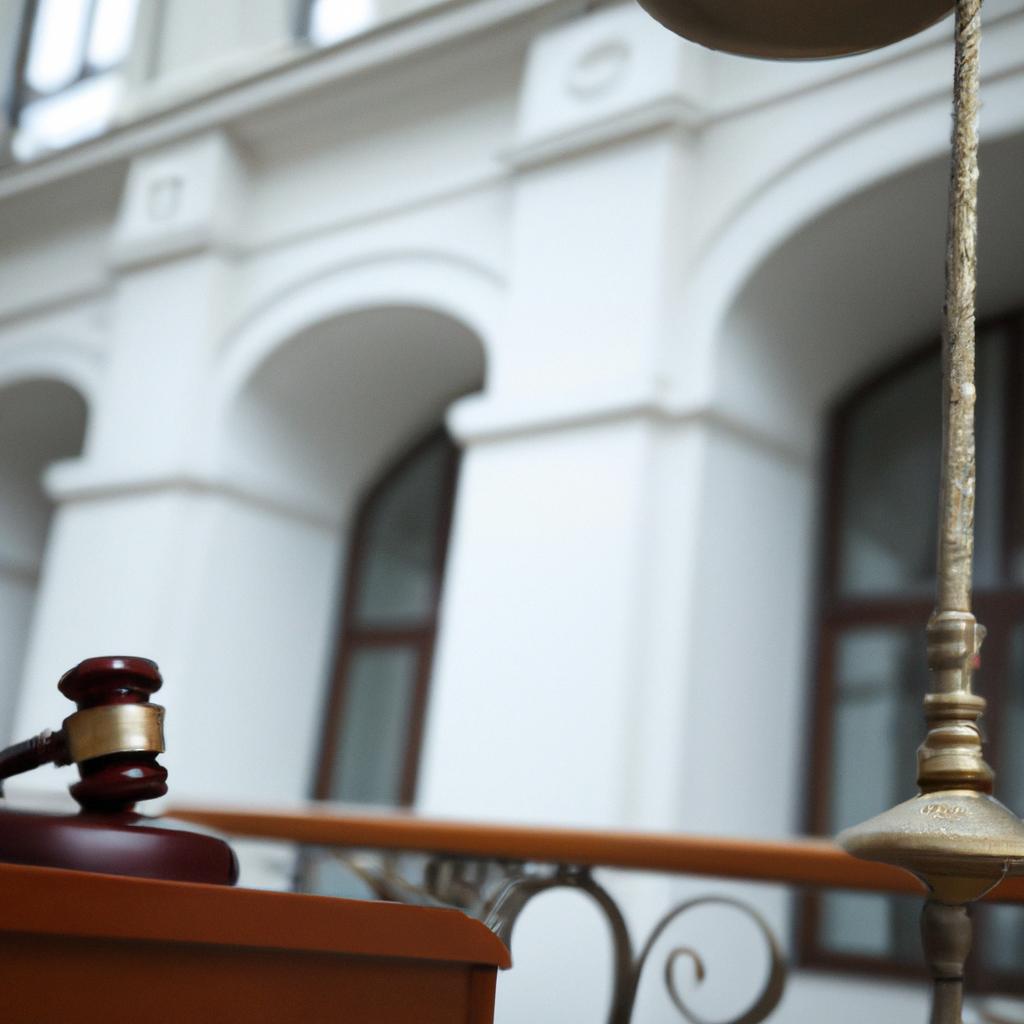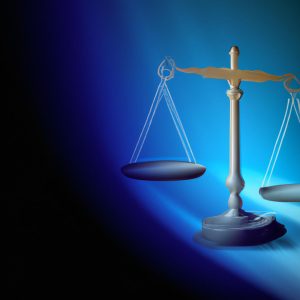In the intricate world of estate planning, the absence of a will can lead to a series of complications and uncertainties for loved ones left behind. When an individual passes away without a valid will in place, the fate of their estate is left at the mercy of state laws and intestacy rules. As experienced legal practitioners at Morgan Legal Group in New York City, we understand the complexities that arise in such situations and are well-equipped to guide you through the intricate process of handling an estate without a will. Join us as we delve into the intricacies of what happens to an estate when there is no will, and uncover the potential implications for heirs and beneficiaries.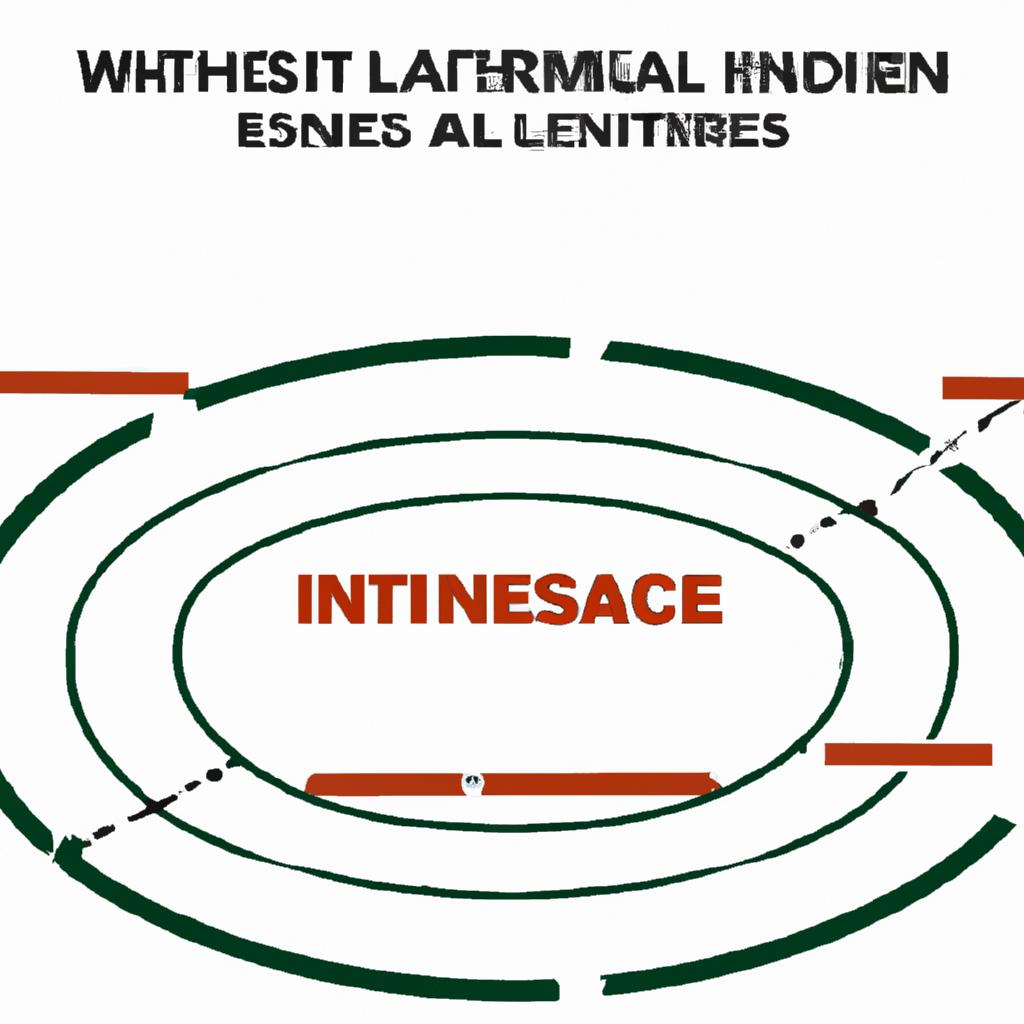
– Intestate Succession: Understanding the Distribution of Assets Without a Will
When an individual passes away without a will in place, their estate is subject to intestate succession laws. This means that the distribution of assets is determined by state law rather than the wishes of the deceased. Understanding how intestate succession works is important for individuals who have not yet created a will.
**In intestate succession, assets are typically distributed among the deceased person’s closest living relatives, such as spouses, children, parents, and siblings.** The specific distribution of assets will vary depending on the state in which the deceased resided and the relationship between the deceased and their relatives. It is important to consult with an experienced estate planning attorney to ensure that your assets are distributed according to your wishes and to avoid potential conflicts among family members.
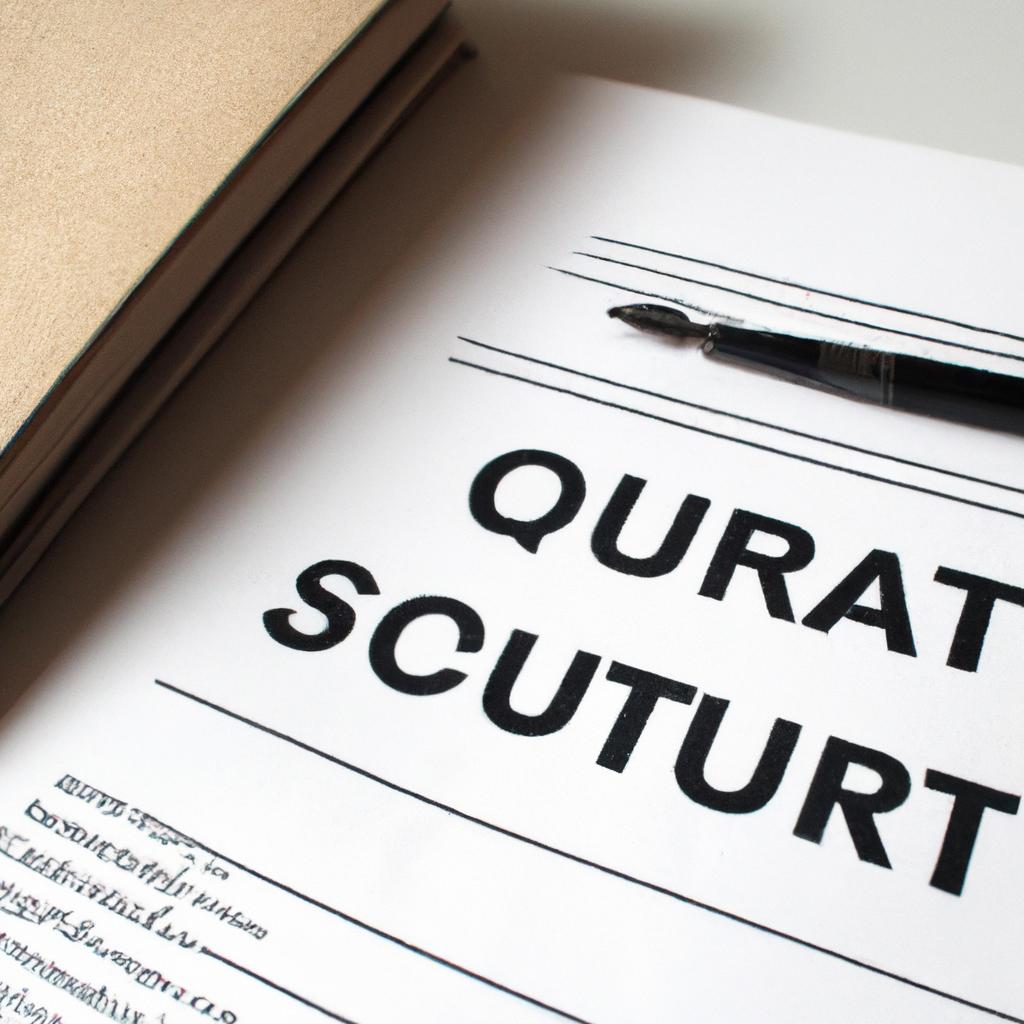
– The Role of the Surrogate’s Court in Administering Estates Without a Will
In the absence of a valid will, the Surrogate’s Court plays a crucial role in overseeing the distribution of an estate. This court is responsible for appointing an administrator to handle the estate, ensuring that debts are paid, and ultimately distributing the assets to the rightful heirs. Without a will to provide clear instructions, the court relies on state laws to determine how the estate should be divided.
One of the primary functions of the Surrogate’s Court in administering estates without a will is to determine who the rightful heirs of the deceased individual are. In New York, the law dictates that assets are to be distributed among surviving spouses, children, parents, and siblings in a particular order. The court will use this hierarchy to identify and locate beneficiaries, ensuring that the estate is distributed according to legal guidelines. It is essential for individuals to understand the implications of dying without a will, as it can result in a lengthy and potentially costly probate process.
– Importance of Consultation with an Estate Planning Attorney in the Absence of a Will
Consulting with an estate planning attorney is crucial in the absence of a will to ensure that your assets are distributed according to your wishes. Without a will in place, your estate will be subject to intestacy laws, which may result in your assets being distributed in a way that you did not intend. An estate planning attorney can help you navigate these laws and create a plan that reflects your wishes.
Additionally, consulting with an estate planning attorney can help avoid potential conflicts among family members regarding the distribution of your estate. By clearly outlining your wishes with the help of an attorney, you can prevent disagreements and ensure that your loved ones are taken care of according to your wishes. This consultation can also help minimize estate taxes and ensure that your estate is handled efficiently and effectively.
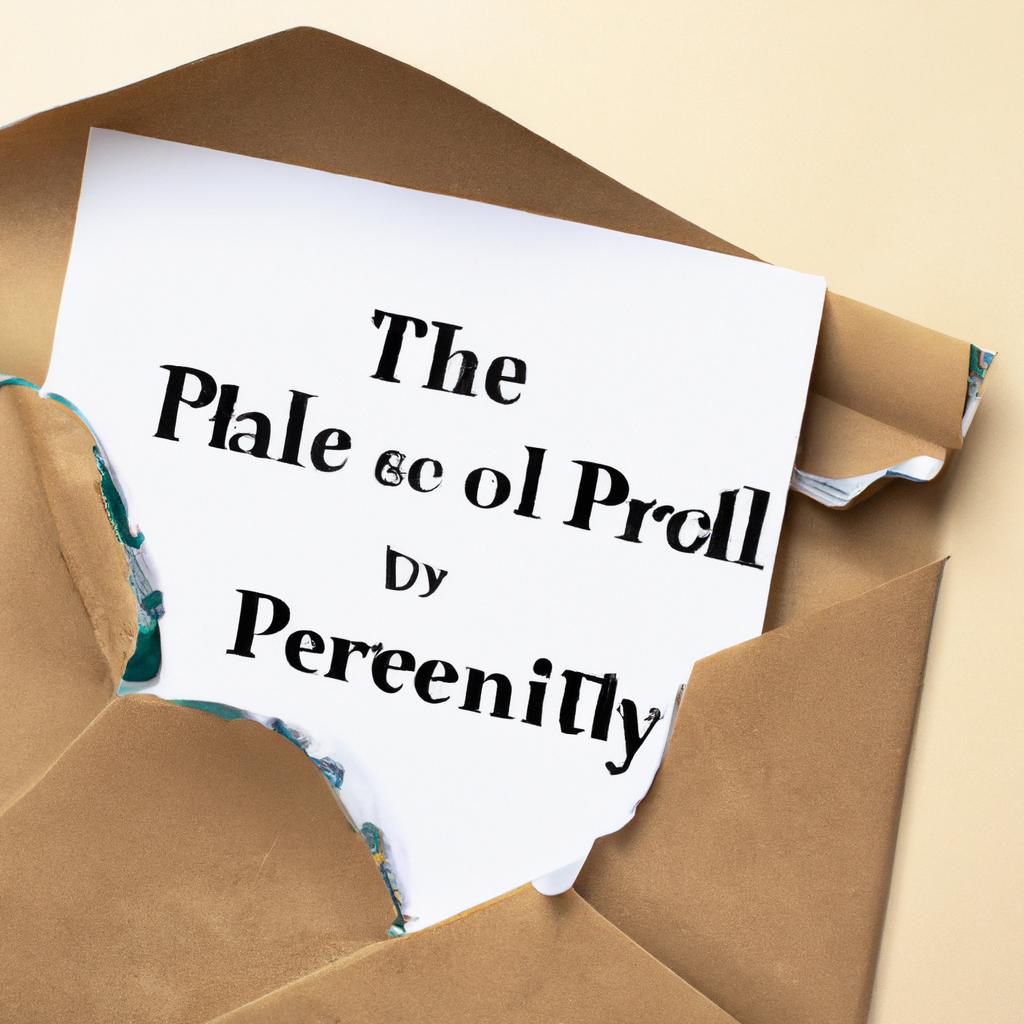
– Potential Challenges and Disputes Among Heirs in the Absence of a Will
In the absence of a will, the distribution of an estate can quickly become complicated, leading to potential challenges and disputes among heirs. Without clear instructions on how the deceased individual’s assets should be divided, family members may disagree on who is entitled to what, leading to conflicts that can be difficult to resolve.
Some of the potential challenges that can arise when there is no will include:
- Intestate laws: State intestate laws will dictate how the estate is divided, which may not align with the deceased individual’s wishes.
- Multiple heirs: When there are multiple heirs, determining how to divide assets fairly can be a point of contention.
- Unforeseen debts: Debts of the deceased may need to be paid off using estate assets, leading to disputes over who is responsible for these expenses.
- Asset valuation: Disagreements over the valuation of assets can arise, especially when dealing with unique or valuable items.
Q&A
Q: What happens to an estate when there is no will?
A: When someone passes away without a will, their estate is subject to the laws of intestacy.
Q: What is intestacy?
A: Intestacy is the legal term for the process of distributing a deceased person’s estate when there is no will in place.
Q: Who decides how the estate is divided in the absence of a will?
A: The laws of intestacy outline a specific hierarchy of relatives who are entitled to a share of the estate, starting with the spouse and children.
Q: What happens if there are no living relatives?
A: If there are no living relatives to inherit the estate, it may be claimed by the state.
Q: Can the distribution of an estate be contested if there is no will?
A: Yes, disputes over the distribution of an estate can still arise even in the absence of a will. However, the process can be more complex without clear instructions from the deceased.
Q: How can someone ensure their estate is distributed according to their wishes if they don’t have a will?
A: To avoid intestacy laws determining the distribution of their estate, individuals are encouraged to create a will outlining their wishes for inheritance. This can help provide clarity and avoid potential disputes among relatives.
In Conclusion
In conclusion, the absence of a will can leave behind a tangled web of uncertainties and complexities for those left to handle an estate. While laws exist to dictate how assets are distributed in the absence of a will, the process can often be arduous and time-consuming. It is crucial to consider the importance of creating a will to ensure that your final wishes are carried out smoothly and efficiently. By taking the necessary steps to plan ahead, you can provide peace of mind for both yourself and your loved ones in the event of your passing. Remember, a will is not just a legal document, but a thoughtful gift to those you hold dear.

